Providing the Same Level
of Care We Expect for
Our Own Family
Tips For Taking an Older Loved One to a Doctor Appointment
Going to a doctor appointment with an elderly loved one requires thought and planning.
Taking an older loved one to a doctor appointment can be a daunting task. Seniors may have difficulty navigating the healthcare system, and they may not be able to remember all of their medical information. As a caregiver, you can help make the process most productive and go more smoothly by following these tips:
1. Prepare in Advance:
- Schedule the Appointment: Choose a time that aligns with your loved one's comfort and routine. Avoid peak traffic hours to reduce stress.
- Gather Medical Records: Collect all relevant medical documents, such as past medical history, surgical records, and recent test results. This helps the doctor get a complete picture of your loved one's health.
- Insurance Information: Ensure you have updated insurance cards, information and any necessary co-payment information.
- Medication List: Compile a list of all medications your loved one is currently taking, including prescription and over-the-counter drugs. Include dosages and frequencies.
2. Communication:
- Discuss the Purpose: Talk to your loved one about why this appointment is necessary. Explain if it's a routine check-up or to address specific health concerns.
- Questions and Concerns: Encourage your loved one to write down any questions or concerns they have for the doctor. This helps ensure that nothing is forgotten during the appointment.
3. Transportation:
- Advance Arrangements: Arrange transportation well in advance, considering your loved one's mobility and comfort. This might involve a car, wheelchair-accessible vehicle, or public transportation with assistance.
- Time Buffer: Factor in extra time for potential traffic and parking delays. It's better to arrive early and avoid rushing.
4. Comfort:
- Appropriate Dress: Dress your loved one comfortably for the weather and any potential waiting times at the clinic. Layers can be useful for adjusting to indoor temperatures.
- Necessary Items: Ensure you have essential items like hearing aids, glasses, or mobility aids. These can greatly assist in effective communication and overall comfort.
5. List of Symptoms:
- Record Symptoms: Document any symptoms or changes in your loved one's health that they've noticed leading up to the appointment. This helps the doctor understand their concerns.
6. Stay Organized:
- Document Organization: Keep all essential documents, insurance cards, and identification in one easily accessible place, like a folder or wallet.
- Note-Taking: Bring a notebook or an electronic device to take notes during the appointment. Write down the doctor's recommendations, any changes to medications, and next steps.
7. Be Supportive:
- Emotional Support: Offer emotional support throughout the process. Doctor appointments can be stressful, so your presence and reassurance are crucial.
- Open Communication: Encourage your loved one to be open and honest with the doctor about their symptoms, concerns, and medical history. This helps the doctor make accurate assessments.
8. Ask Questions:
- Clarification: Don't hesitate to ask the doctor questions on behalf of your loved one if they're unclear about something. Ensure that you fully understand the doctor's explanations and recommendations.
9. Follow-Up Plan:
- Understanding Recommendations: Discuss and understand the doctor's recommendations and the follow-up plan. Clarify any steps that need to be taken after the appointment.
- Prescription Management: Ensure that prescriptions are filled promptly, and instructions are clear. Discuss any potential side effects or concerns with the pharmacist.
10. Comfort and Post-Appointment Care:
- Emotional Care: After the appointment, provide comfort and address any concerns your loved one may have. Reiterate the importance of following the doctor's advice.
- Medication Adherence: Help your loved one stay on top of their medication schedule and any post-appointment care instructions.
11. Safety:
- Post-Appointment Safety: If necessary, arrange for someone to stay with your loved one after the appointment to ensure their safety, especially if there are concerns about dizziness or post-appointment fatigue.
By following these detailed steps, you can better ensure a smoother and more effective experience when taking your older loved one to a doctor's appointment, promoting their health and well-being.
It is also important to be patient and understanding during the appointment. Seniors may need more time to answer questions or understand what the doctor is saying. Be sure to let the doctor know if your loved one has any special needs as appropriate.
Taking an older loved one to a doctor appointment can be a challenge, but it is important to remember that you are not alone. There are many resources available to help you, including your loved one's doctor, nurses, and social workers. With a little planning and preparation, you can make the process go more smoothly for everyone involved.
Here are some statistics that support the importance of taking older adults to doctor appointments:
- According to the Centers for Disease Control and Prevention (CDC), only 62% of adults aged 65 and older had a recent checkup with a doctor.
- The National Council on Aging (NCOA) reports that one in four older adults do not have a regular doctor.
- A study published in the Journal of the American Geriatrics Society found that older adults who have regular checkups are more likely to receive preventive care, such as cancer screenings and vaccinations.
- Another study, published in the Annals of Internal Medicine, found that older adults who have regular checkups are less likely to be hospitalized.
These statistics confirm the critical importance of taking older adults to doctor appointments with respect to their health and well-being. If you are a caregiver for an older adult, please make sure to schedule regular checkups with their doctor.
7 Day Home Care is a leading provider of home care services in New York City, Queens, Brooklyn, Nassau County, and Suffolk County. We can help you take your loved one to doctor appointments and make sure they receive the care they need. To learn more about our services, please visit 7 Day Home Care today.
Brian Callahan
7 Day Home Care

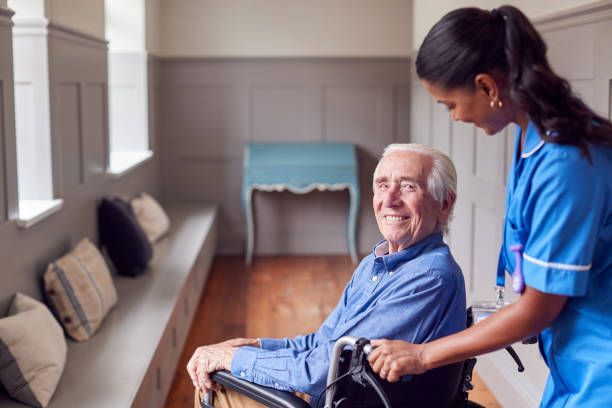

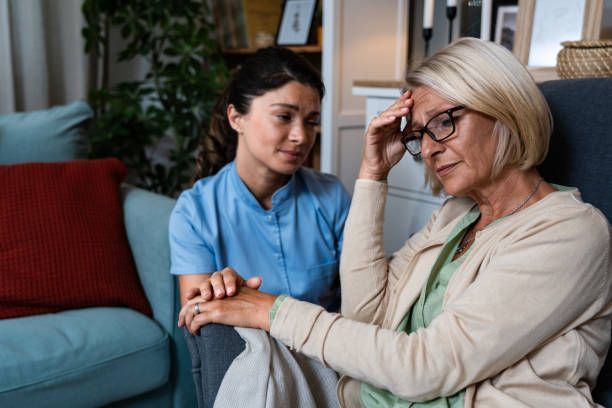

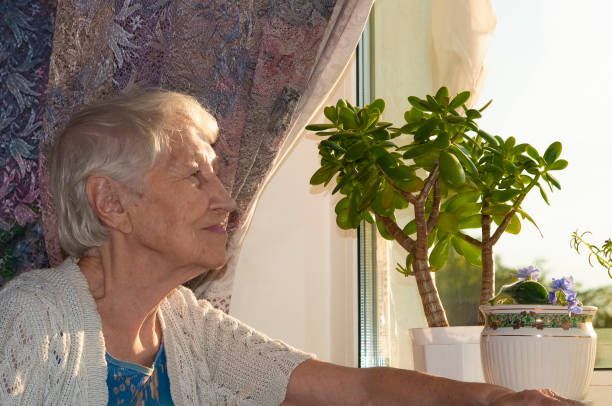

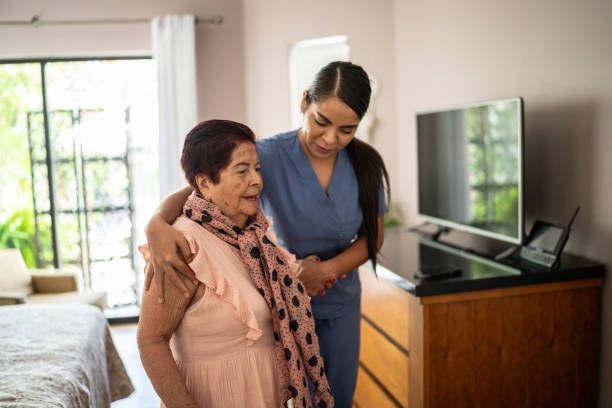
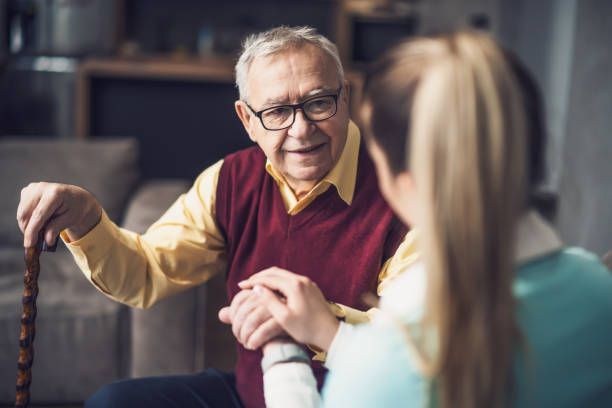
Long Island Location
Hours of Operation
We are Open 24 Hours a Day
7 Days a Week
Contact Us



Share On: